I'm a new C# programmer here in the early stages of creating a project in Unity where you play as a microbe that needs to eat blue food pellets to grow and survive. I've got the blue food pellets to spawn randomly across the map but I want to add a delay because too much is spawning at once. This is what I've attempted to do so far. Any help would be appreciated!
using System.Collections;
using System.Collections.Generic;
using UnityEngine;
using System.Threading.Tasks;
public class Spawner : MonoBehaviour
{
public GameObject food;
public async void Wait(float duration)
{
Vector3 randomSpawnPosition = new Vector3(Random.Range(-50, 50), 1, Random.Range(-50, 50));
Instantiate(food, randomSpawnPosition, Quaternion.identity);
await Task.Delay((int)duration * 1000);
}
// Update is called once per frame
void Update()
{
async void Wait(float duration);
}
}
What I've tried:
Putting the delay function in the update function. The program just gets confused and thinks I'm trying to call the function.
Calling the function after combining all my code into the one function, the program rejects this.

